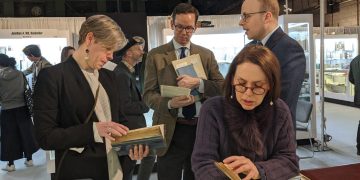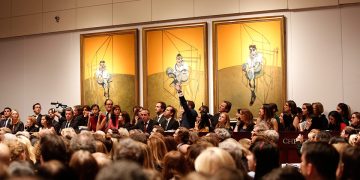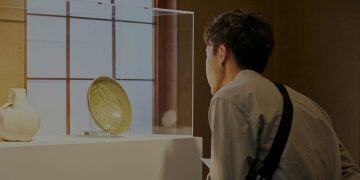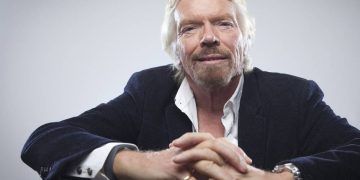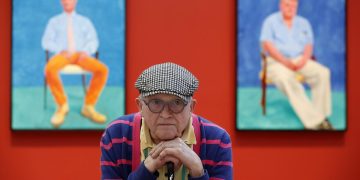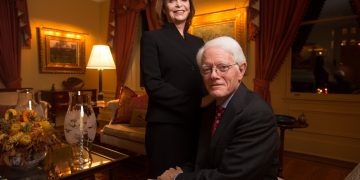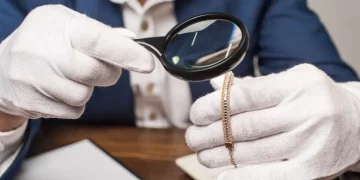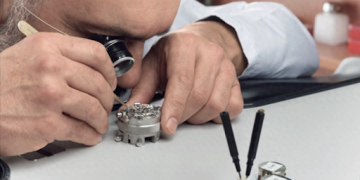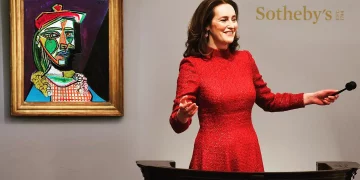In any thriving collecting community, whether online or offline, trust is the cornerstone that allows members to collaborate, share resources, and engage in meaningful exchanges. Trust isn’t built overnight, but through consistent actions, transparency, and shared values. As the collecting world becomes more interconnected through social media platforms, online marketplaces, and niche forums, the need for strong trust mechanisms has never been more important. In this article, we will explore how collecting communities can build trust, encourage deep interaction, and foster a culture of resource sharing.
1. Creating a Safe Environment for Sharing
A foundational aspect of trust within a community is the feeling of safety. Members need to know that they can share their knowledge, experiences, and rare items without the fear of being taken advantage of or having their information misused.
Moderation and Community Guidelines
One of the first steps in fostering trust is establishing clear community guidelines that outline acceptable behavior. These guidelines ensure that members know what is expected of them, setting a standard for respectful interactions. Well-managed forums or groups, whether on social media or independent platforms, typically employ moderators to enforce these rules and keep discussions focused on the subject of collecting. By maintaining a safe space for open communication, members feel more comfortable sharing their thoughts and resources.
Encouraging Respectful Dialogue
Trust grows when members can engage in respectful, constructive dialogue. Communities can encourage this by modeling positive behaviors, recognizing contributions from members, and publicly acknowledging helpful or knowledgeable individuals. When disagreements arise, the community’s approach to conflict resolution should focus on mediation and understanding, rather than allowing negativity or hostility to take root.
2. Transparency in Transactions and Interactions
For collectors, especially those engaged in the buying and selling of items, transparency is critical. Ensuring that transactions, exchanges, and discussions are open and clear builds trust within the community and reduces the likelihood of misunderstandings or conflicts.
Clear Communication in Trades and Sales
In online marketplaces or social media groups dedicated to collecting, members should always disclose as much information as possible about the items they are offering, including authenticity, condition, and provenance. By being transparent about these details, members show respect for each other’s trust and contribute to a culture of honesty.
Verification of Authenticity
For rare collectibles, authenticity is often a major concern. Communities can foster trust by offering systems for verifying the authenticity of items. Whether through third-party experts, member-led peer review systems, or shared resources about how to spot counterfeits, these mechanisms ensure that all members have access to reliable information, making transactions safer and more secure.
3. Establishing Reputation Systems
One of the most effective ways to build trust is through the creation of reputation or feedback systems, similar to the ones used by online marketplaces such as eBay or Etsy. These systems allow community members to rate or review others based on their interactions, providing a public record of positive or negative experiences.
Member Reviews and Ratings
Collecting communities can establish a system where members rate their interactions—whether they’ve bought from, sold to, or simply collaborated with others. High ratings or positive feedback help create a sense of credibility, allowing new members to feel more confident in engaging with those who have proven themselves trustworthy.
Endorsement from Community Leaders
In addition to peer reviews, endorsements or recommendations from respected members or community leaders also enhance trust. If a highly regarded collector vouches for someone or recommends a particular seller or source, others in the community are more likely to trust them. This can be especially important in niche communities where expertise and experience are highly valued.

4. Facilitating Knowledge Sharing and Collaborative Learning
For many collectors, the joy comes not only from acquiring rare items but from sharing the knowledge and expertise they’ve gained over the years. Trust mechanisms that promote knowledge exchange are essential for fostering deeper engagement in the community.
Educational Resources and Peer Learning
Communities can facilitate knowledge sharing by hosting webinars, creating resource libraries, or organizing virtual meetups. When collectors share their experiences and educate others on topics like preserving rare items, identifying forgeries, or understanding the history behind a particular collectible, they are not only contributing to the community but also establishing themselves as trusted figures.
Mentorship Programs
Trust within a community can also be bolstered through mentorship programs. Experienced collectors who are willing to guide newcomers through the process of collecting, help them avoid common pitfalls, or offer advice on sourcing rare pieces become valuable resources. These mentor-mentee relationships foster trust and create a sense of camaraderie and shared purpose.
5. Promoting Collaborative Projects and Resource Sharing
In a healthy collecting community, members should feel encouraged to share their resources, whether those resources are physical items, knowledge, or connections. By creating opportunities for collaboration and resource-sharing, communities can increase their collective strength and ensure that all members benefit from the community’s success.
Group Purchases and Collaborative Deals
One way to foster trust is by encouraging collaborative purchasing, where multiple members work together to acquire rare or expensive items. This could involve pooling resources for a group buy or sharing costs for something too expensive for any one individual. By pooling resources, members also have a chance to rely on each other’s judgment, further building trust within the group.
Resource Libraries and Shared Tools
Creating shared resource libraries—whether physical or digital—can also play a key role in fostering trust. This could include everything from books on how to spot fakes to databases of auction results or guides to understanding the value of specific collectible categories. By sharing these tools, members demonstrate their willingness to help others succeed and improve their own collecting practices.
6. Encouraging Accountability and Ethical Behavior
Accountability is another key element in building trust within a community. When members take responsibility for their actions and uphold ethical standards, they contribute to an environment where trust can thrive.
Enforcing Ethical Standards
Collecting communities often benefit from establishing ethical standards and codes of conduct. For example, members should agree to follow certain rules regarding fair pricing, avoiding scalping, and ensuring transparency in their transactions. Holding each other accountable for maintaining these standards ensures that the community remains a trustworthy place to engage in all aspects of collecting.
Conflict Resolution Mechanisms
Even in the most well-run communities, conflicts can arise. Having clear and fair conflict resolution mechanisms in place—whether through a moderator, a neutral third party, or a structured process for addressing grievances—helps prevent disputes from escalating and allows members to feel confident that their concerns will be addressed fairly. Knowing that a community can handle disagreements ethically fosters long-term trust.
7. Building Long-Term Relationships and Mutual Support
Trust grows over time, and a key element in building lasting bonds within a collecting community is supporting one another. Whether it’s offering advice, sharing a rare find, or just being present for a member’s milestone, long-term relationships built on mutual support and shared interests form the foundation for a deeply engaged, trusting community.
Celebrating Achievements Together
Community-wide celebrations—such as recognizing milestones, sharing personal achievements, or celebrating a successful group auction—can reinforce feelings of belonging and trust. These celebrations show that the community values each member’s contributions and fosters an atmosphere of collective success.
Encouraging Collaboration Over Competition
In a successful collecting community, members should feel like collaborators rather than competitors. By encouraging mutual support—whether it’s sharing leads on rare items, assisting with research, or providing moral support during an auction or sale—members feel empowered to succeed together. This spirit of collaboration strengthens relationships and trust within the community.
Conclusion: Trust as the Backbone of a Thriving Collecting Community
Building trust within a collecting community is a long-term endeavor that requires transparency, accountability, shared experiences, and mutual support. When trust is present, members are more likely to engage deeply with the community, share valuable resources, and contribute to its overall success. Whether through clear communication, reputation systems, or mentorship programs, establishing trust mechanisms is essential for creating a space where collectors feel safe, supported, and motivated to share their passion for rare treasures.
In the end, a strong and trustworthy community does more than just foster individual collecting success—it helps build a vibrant, engaged collective that can learn from each other, celebrate together, and grow the hobby or investment sector for generations to come.















